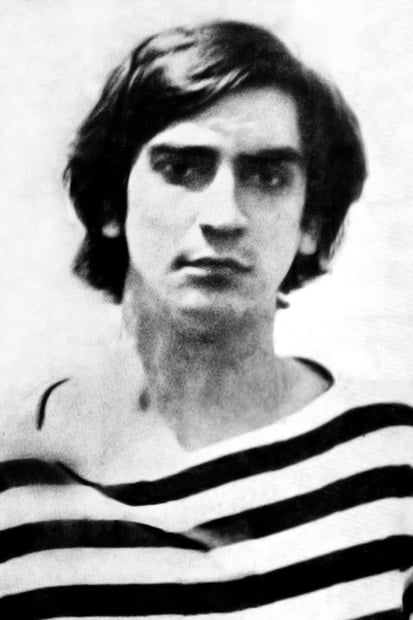
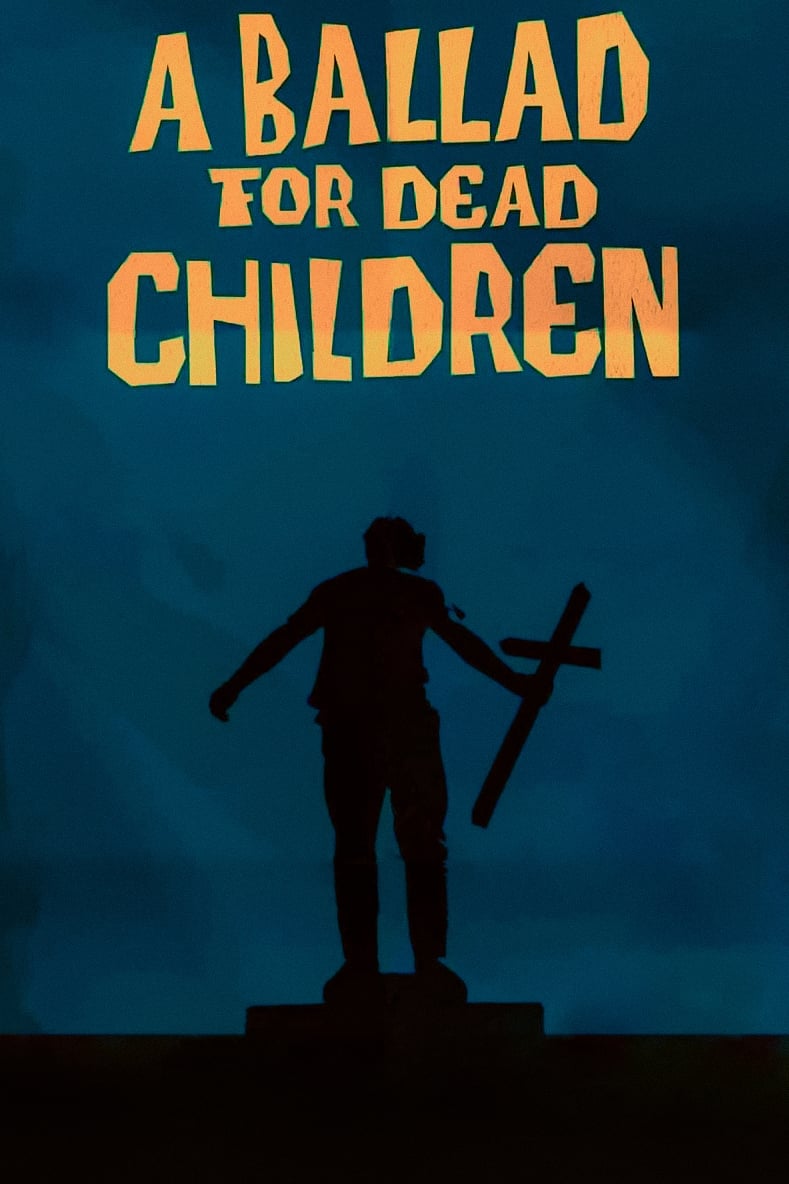
'A Ballad for dead children' is a tribute to Andrés Caicedo and Cali and it's group, as the seed of a cinematographic phenomenon, but it goes one step further. Testimonies and fragment readings compose, together with a very powerful archive material, the story of a story that has a deep sense and cinematographic interest: the story of Andrés and his eternal fascination with horror literature and cinema b, the of the boy who was born to write, that of the young man who decided to mock death by planning his own ending. A film that tries to maintain the difficult balance on the fine line that separates and unites the two: man and work, work and man, in an eternal and indissoluble way.
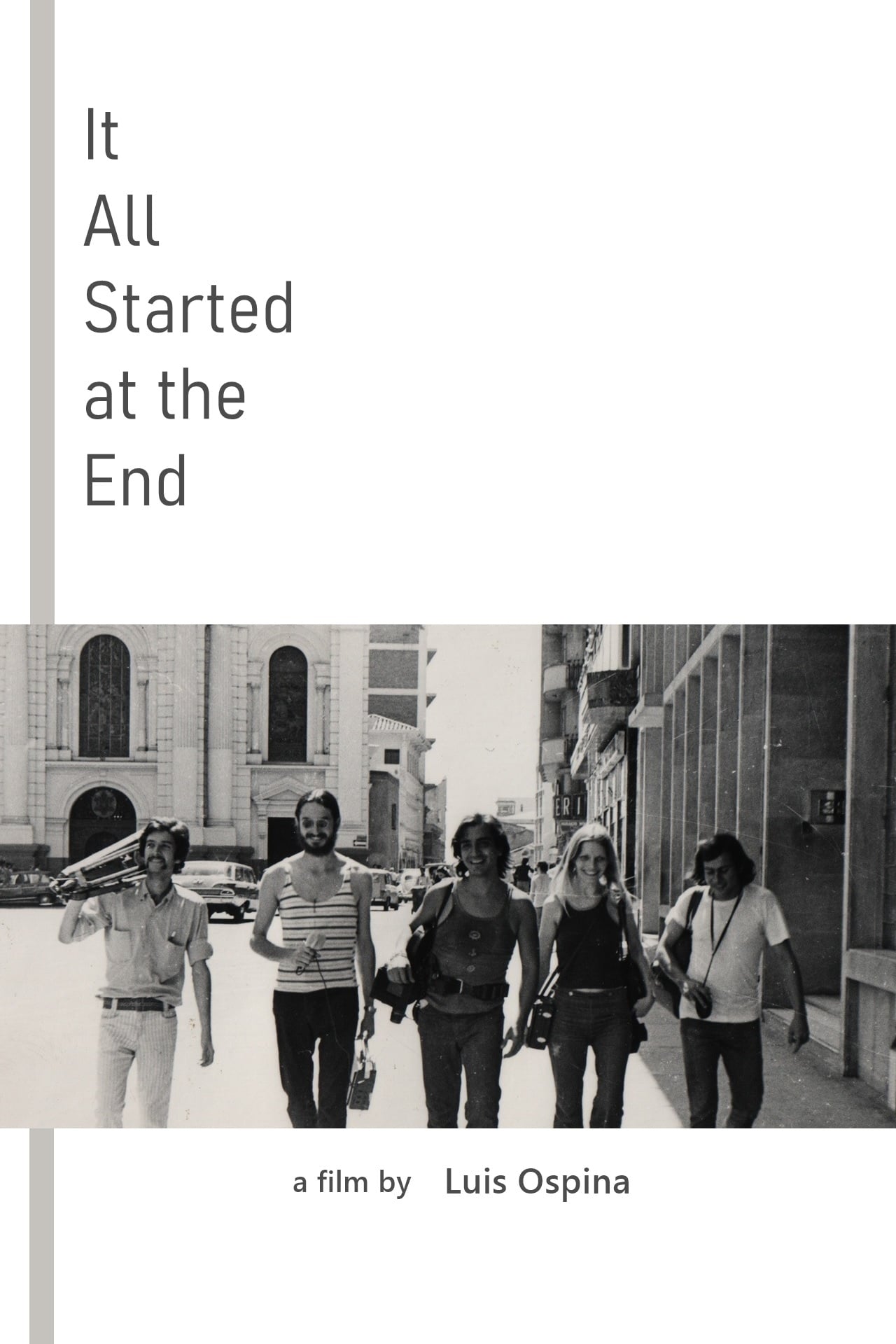
An intimate portrait of the pioneering artistic collective Grupo de Cali, whose work is now considered a fundamental part of Colombia’s film history.

The life of Pedro Manrique Figueroa, a pioneer of collage in Colombia, is both incomplete and contradictory. Taking his life and work as a pretext, this mockumentary takes the viewer on a journey through history from the year 1934 up until 1981, when the artist mysteriously disappeared from view.
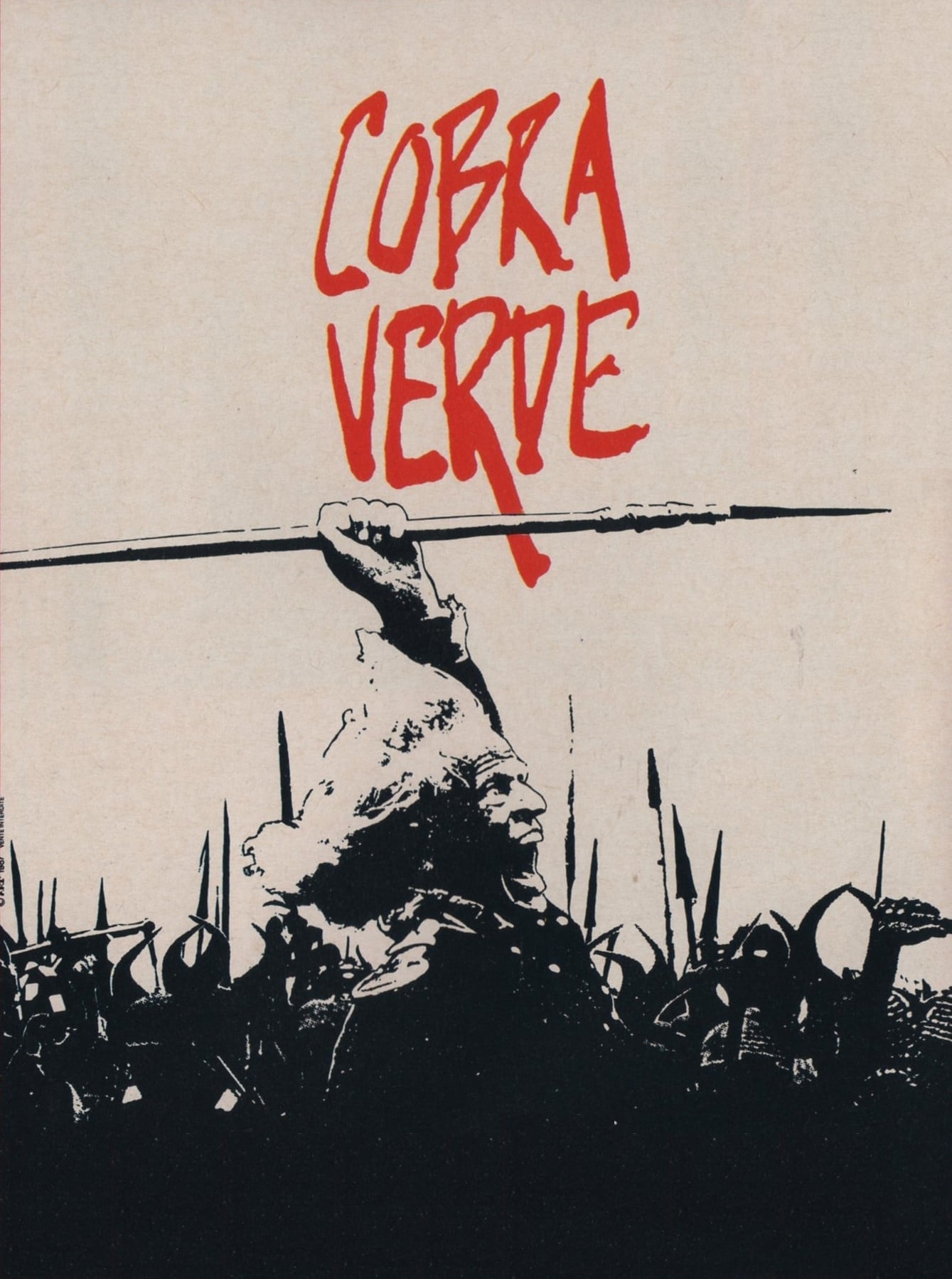
A fearsome 19th century bandit, Cobra Verde cuts a swath through Brazil until he arrives at the sugar plantation of Don Octávio Countinho. Not knowing that his new guest is the notorious bandit and impressed by his ruthless ways, Don Octávio hires Cobra Verde to oversee his slaves. But when Cobra Verde impregnates Don Octávio’s three daughters, the incensed plantation owner exiles the outlaw to Africa where he is expected to reopen the slave trade. Following his trans-Atlantic journey, Cobra Verde exploits tribal conflicts to commandeer an abandoned fortress and whips an army of naked warriors into a frenzied bloodlust as he vies for survival.
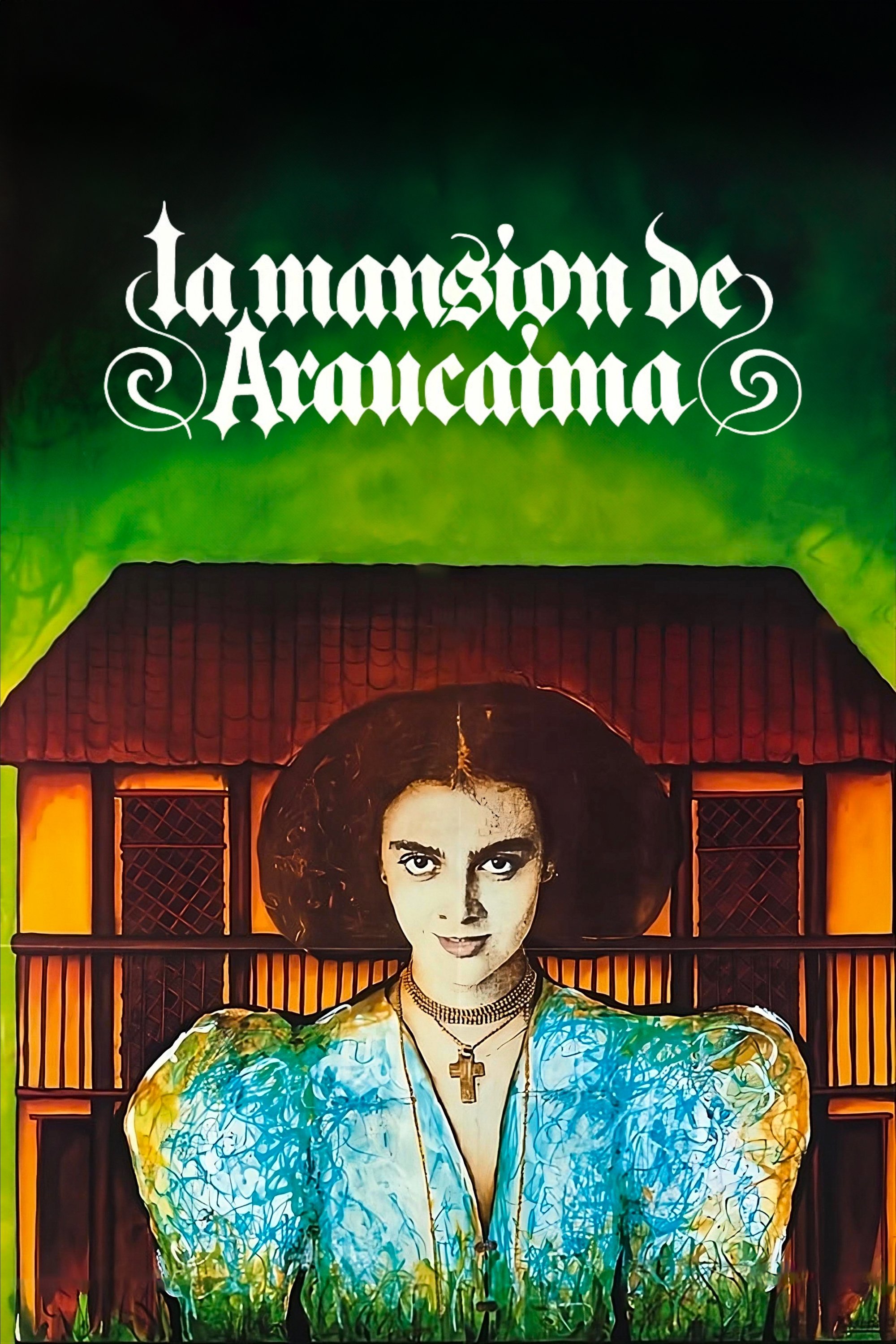
In an old and mysterious tropical mansion cohabit the supposed owner, a friar, a convalescent pilot, the Haitian servant, the mercenary guardian and the Machiche, a mature and dominant female. A young model arrives there to unleash all kinds of passions.
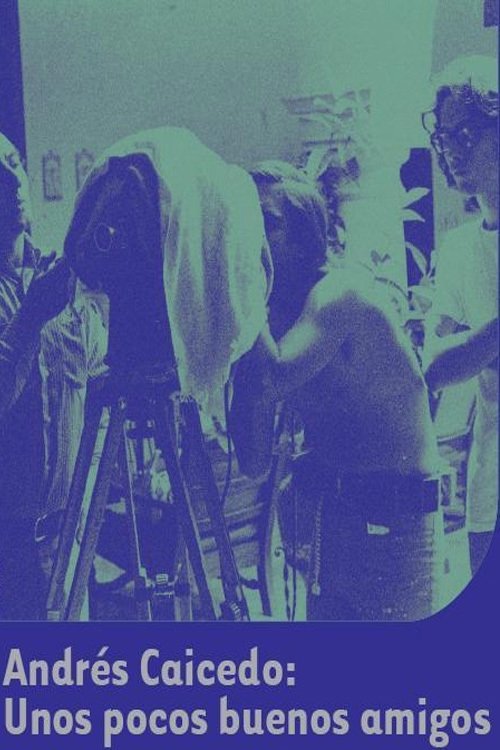
Using the unfinished film, ANGELITA Y MIGUEL ÁNGEL, by Andrés Caicedo and Carlos Mayolo, as a structuring device, friends of prolific film critic and writer Andrés Caicedo, an unforgettable figure of the group of Cali in the 1970s who left an incredible amount of texts, reflect upon his life, his work, and his suicide at the age of 25, testify to his influence in the cultural life of Colombia, and remember his strong and touching personality.
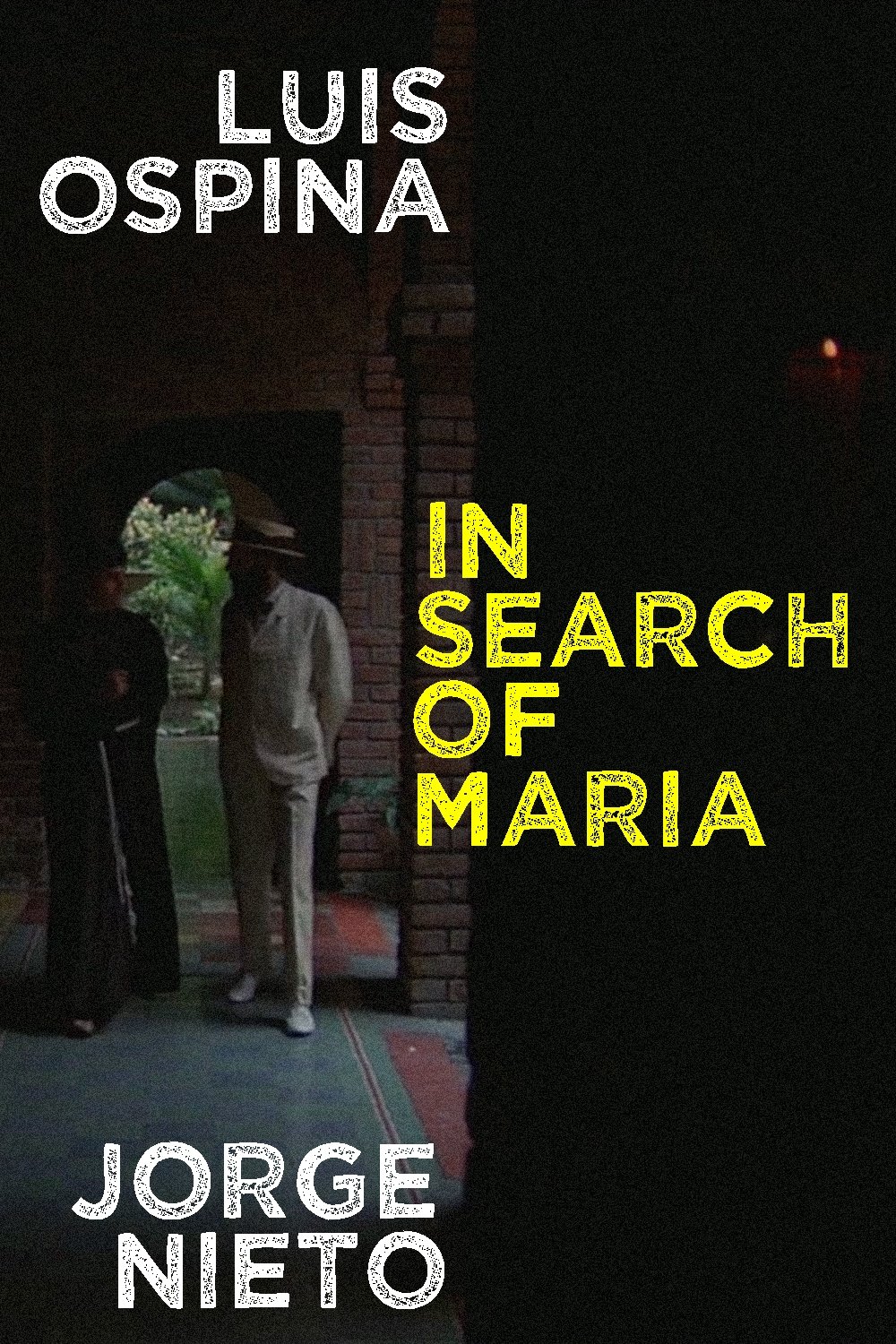
Based on the only four surviving shots of the first Colombian silent film, MARÍA (1921), by directors Máximo Calvo (Colombia) and Alfredo del Diestro (Spain), IN SEARCH OF ‘MARIA’ combines historical research, interviews, and scenic reconstruction to rescue the memory of a lost film.
Carlos Mayolo (10 September 1945 - 3 February 2007) was a Colombian actor and film director. He directed more than ten films from 1970 to 2000.
By browsing this website, you accept our cookies policy.